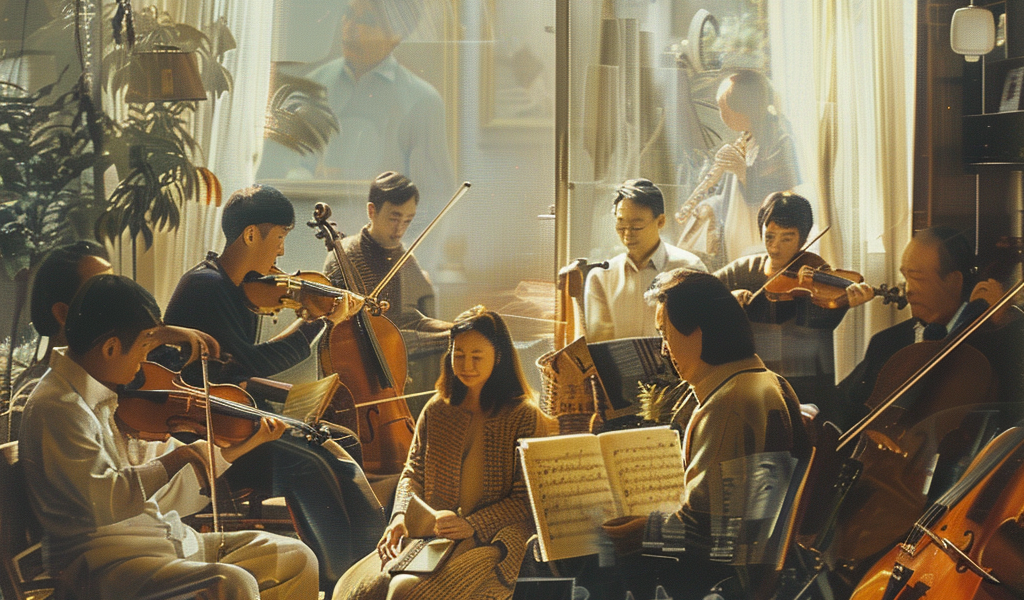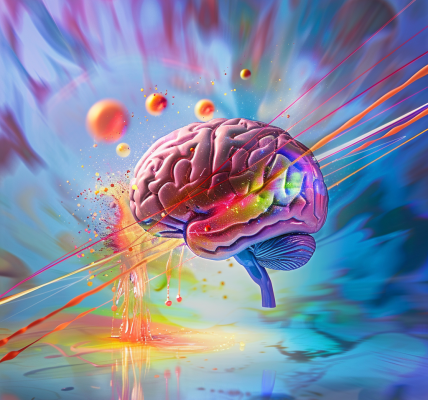Recent research has shed light on the profound impact of Western classical music on mental health, particularly in the context of depression. This study has opened up new avenues for understanding how music can serve as a therapeutic tool, especially for individuals experiencing treatment-resistant depression.
The study involved a group of 13 patients who had electrodes implanted in their brains for deep-brain stimulation, a procedure often used for severe depression. The participants were divided into two categories based on their appreciation for music: those with high music appreciation and those with low music appreciation. The findings revealed significant differences in how these two groups responded to classical music.
Patients who reported a higher appreciation for music exhibited greater neural synchronization and more pronounced antidepressant effects when exposed to classical compositions by renowned composers such as Bach, Beethoven, and Mozart. In contrast, those with lower music appreciation showed minimal effects, suggesting that personal engagement with music may play a crucial role in its therapeutic benefits.
The researchers discovered that the antidepressant effects of music are linked to the synchronization of neural oscillations between the auditory cortex and the brain’s reward circuit. The auditory cortex is responsible for processing sensory information, while the reward circuit manages emotional responses. This synchronization indicates that music may activate areas of the brain associated with pleasure and emotional well-being, potentially offering a new dimension to depression treatment.
By categorizing patients based on their music appreciation, the research team was able to delve deeper into the mechanisms through which music exerts its antidepressant effects. This approach allows for the possibility of developing personalized music therapy plans tailored to individual preferences and responses, thereby enhancing treatment outcomes for those suffering from depression.
Looking ahead, the research team aims to further investigate how music interacts with deep brain structures that are implicated in depressive disorders. This exploration could lead to innovative therapeutic strategies that incorporate music as a fundamental component of mental health treatment.
The implications of this study are significant, as they highlight the potential of music therapy to complement traditional treatment methods for depression. By harnessing the power of classical music, healthcare professionals may be able to provide patients with a more holistic approach to managing their mental health.
As the research continues, it is becoming increasingly clear that the intersection of music and mental health holds great promise. With ongoing studies and advancements in understanding the brain’s response to music, the future of music therapy in treating depression appears bright.
Stay informed about the latest developments in mental health and wellness by following our updates.





